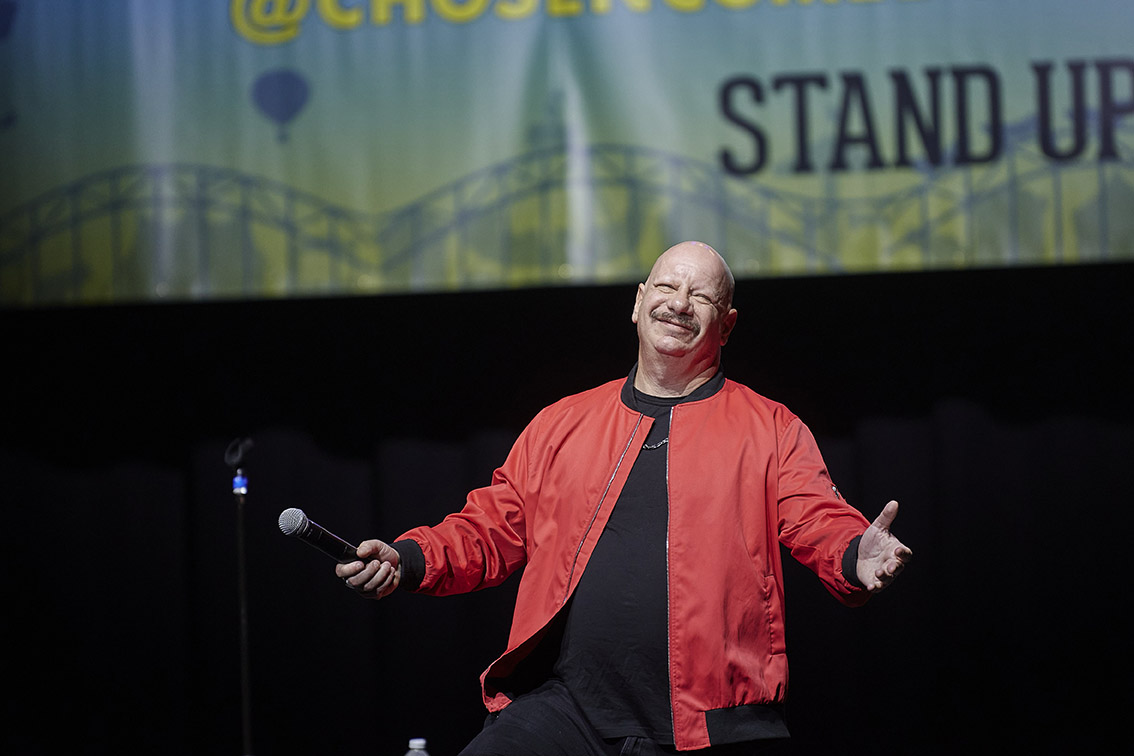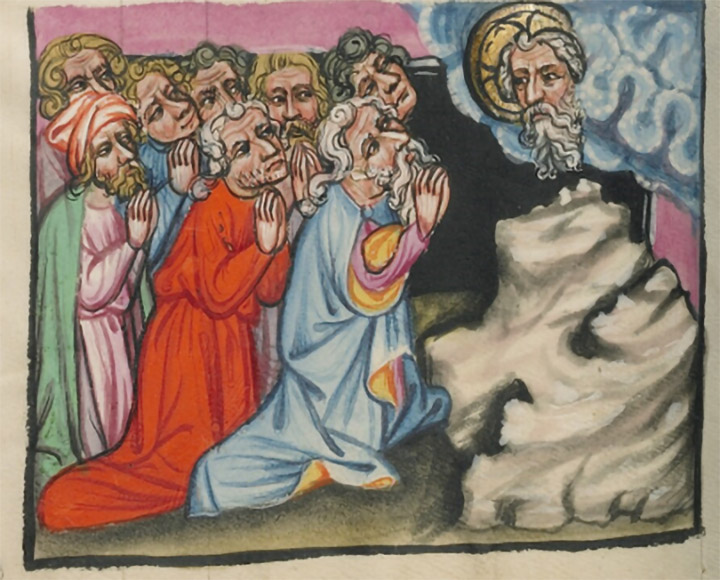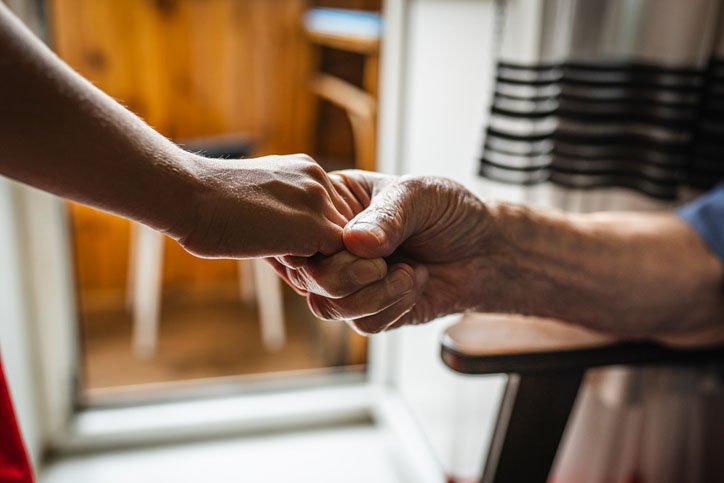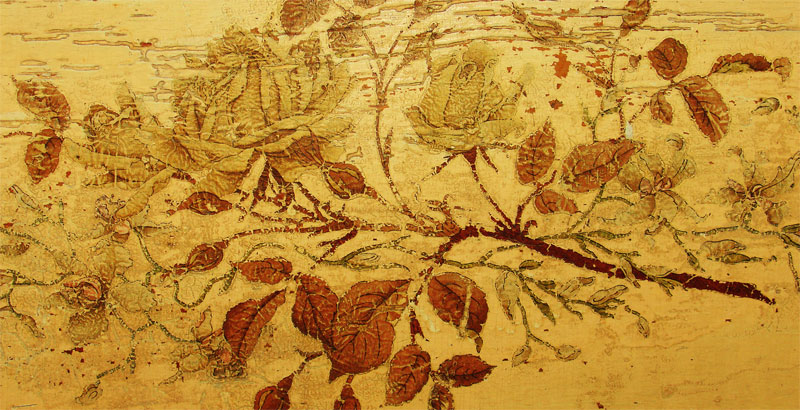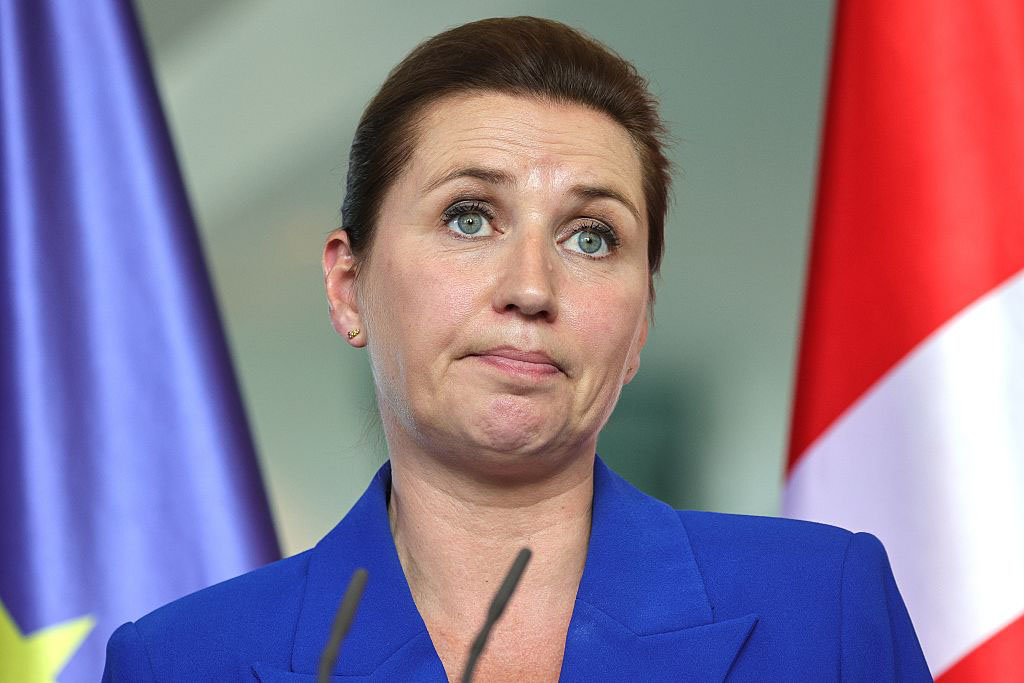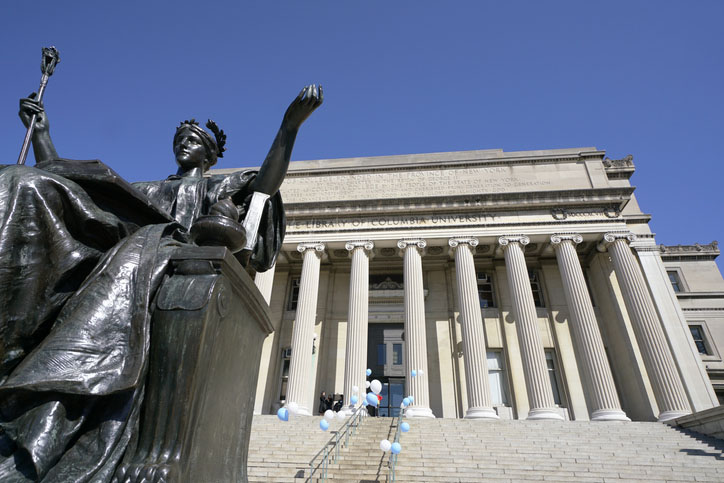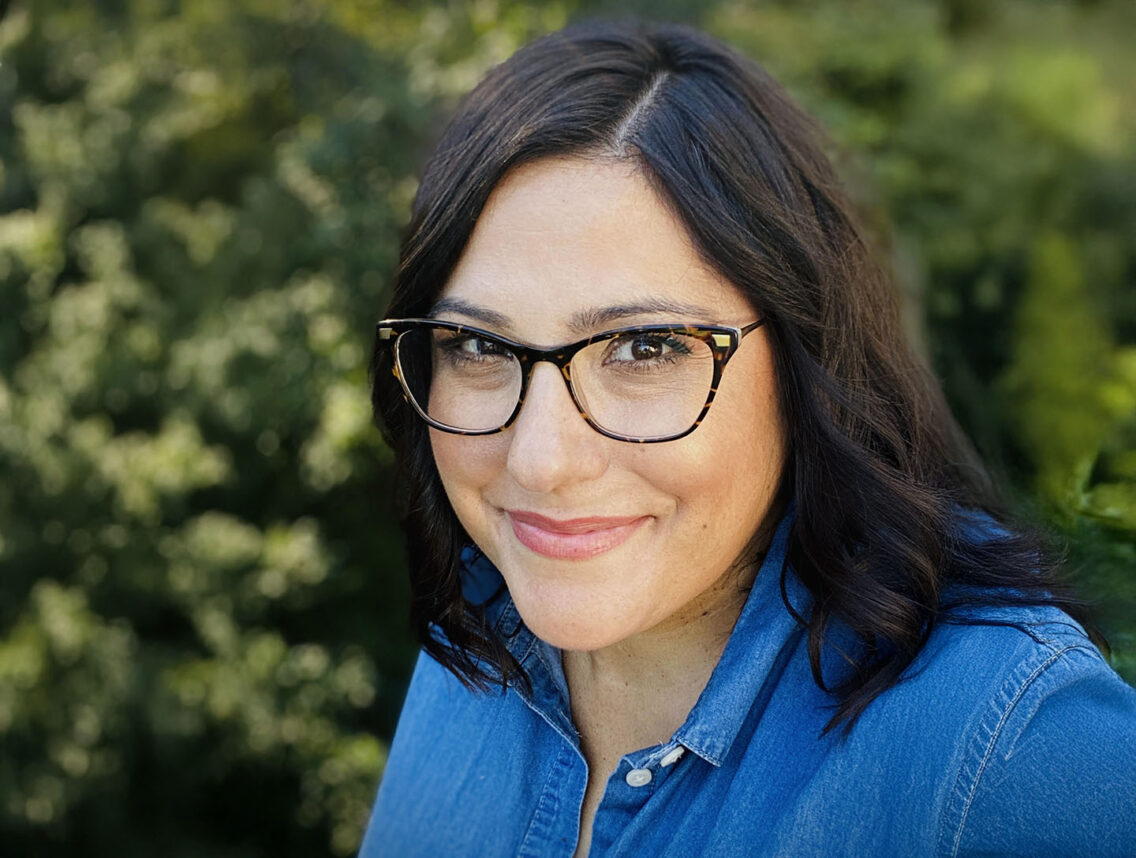One of the first people I met when I started working at the Weizmann Institute of Science in Rehovot in 1962, as head of its press office, was Ephraim Katzir.
He was already a prominent biophysicist and asked me to spread the word about an international conference he was organizing in his field.
What struck me immediately, as it did everyone else who came in contact with Katzir, was his unassuming manner and modesty, not always common traits in academe.
The other aspect that endeared him to me was his ability to explain his complex research in layman’s language, an even less common characteristic among university scientists.
My wife Rachel and I had a chance to renew our relationship with him a few years later, when Katzir was invited to UCLA as a visiting professor, bringing along his wife Nina and their two daughters.
I had by then returned to my job at UCLA and when it turned out that his hosts had failed to arrange for an apartment for the visitors, I drove the family around the Westside until we found the right place.
After the Katzirs were settled, they visited us at our small house in Sepulveda (now North Hills, I believe), the only time, so far, that we had a future head of state over for dinner.
In early 1973, Katzir was attending a conference at UC Berkeley, when I got an unexpected call from his wife, Nina.
Prime Minister Gold Meir had phoned Katzir and asked him if he would be willing to stand for the presidency of the State of Israel.
Katzir had quite a few friends in Los Angeles, among them Nobel Laureate Paul Boyer and his wife Lyda, who had been invited to his lab in the early summer of 1967.
Later, when the Six-Day War started, the Boyers canceled the trip and wired their regrets. Katzir responded a few days later with a terse note, “Reinstate plans, it’s all over.”
Other locals carrying fond memories of Katzir are professor Jerry Estrin, who built the Middle East’s first computer at the Weizmann Institute, and filmmaker Dan Katzir, who spent weekends in Rehovot with his great uncle.
Israel’s Former President, Ephraim Katzir, 93
Israel’s fourth president, Ephraim Katzir, who accepted Golda Meir’s resignation after the Yom Kippur War, has died.
Katzir, an internationally renowned biophysicist, died Saturday. He was 93. Katzir served as president from 1973, the Yom Kippur War, to 1978, shortly after Egyptian President Anwar Sadat visited the Jewish State. He returned to his beloved scientific work after his term in office.
He was born in Kiev in 1916 to Yehuda and Tzila Katchalski and made aliyah to Palestine in 1925. After completing his doctorate in biochemistry and organic chemistry in 1941, he went on to study at the Brooklyn Polytechnic Institute, Columbia University and Harvard University.
He and his brother, Aharon, developed new types of explosives to supplement the Jewish paramilitary Haganah’s stockpile. Following the War of Independence, he joined the newly founded Weizmann Institute.
Katzir was awarded the Israel Prize in 1959 and received the Japan Prize in 1985. In 1996, the former president was selected as the first Israeli to be invited to join the American Academy of Sciences. He also won the Weizmann Prize, the Linderstrom Land Gold Medal, the Hans Krebs Medal, the Tchernikhovski Prize for scientific translations, the Alpha Omega Achievement Medal and the Engineering Foundation’s International Award in Enzyme Engineering.
He was a visiting professor at Harvard University, Rockefeller University, the University of California at Los Angeles and Battelle Seattle Research Center.
At the start of Sunday’s Cabinet meeting, Prime Minister Benjamin Netanyahu said of Katzir: “He was a rare combination of personal ability and public mission. He divided his life between science and security, between voluntarism and education, between achievements and modesty. He was a very, very modest man. His life was one of struggles, challenges, successes and accomplishments, all of which were for the good of the State of Israel. Well before he became president, he had built an important layer in our national life in this country. As president, he continued this special combination and brought his many abilities and modesty to the institution of the presidency. The State of Israel and its citizens have lost one of their dearest sons, a man who did everything for the good of the nation.”
He is survived by a son, Meir, and a nephew.
A condolence book has been set up at the offices of the Consulate General of Israel in Los Angeles. The public is welcome to sign the book June 2-4, 9 a.m. to 3 p.m, at 6380 Wilshire Blvd., Suite 1700.
— Jewish Telegraphic Agency













